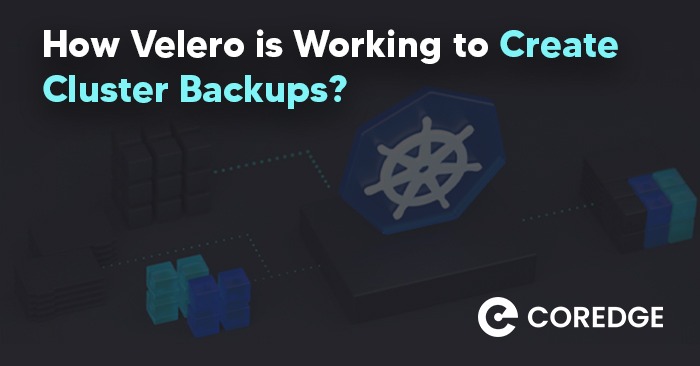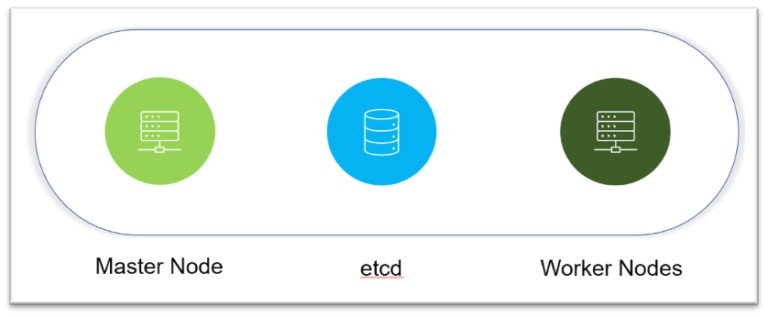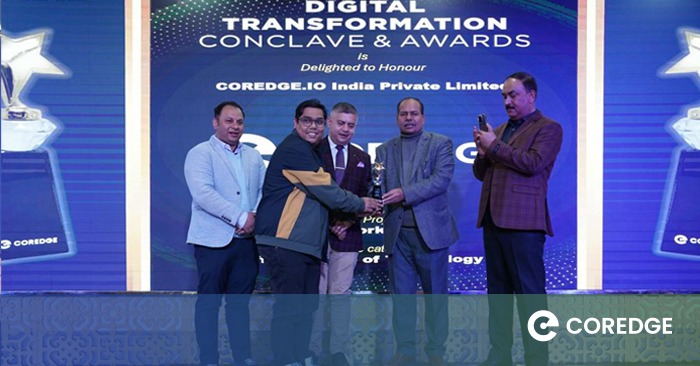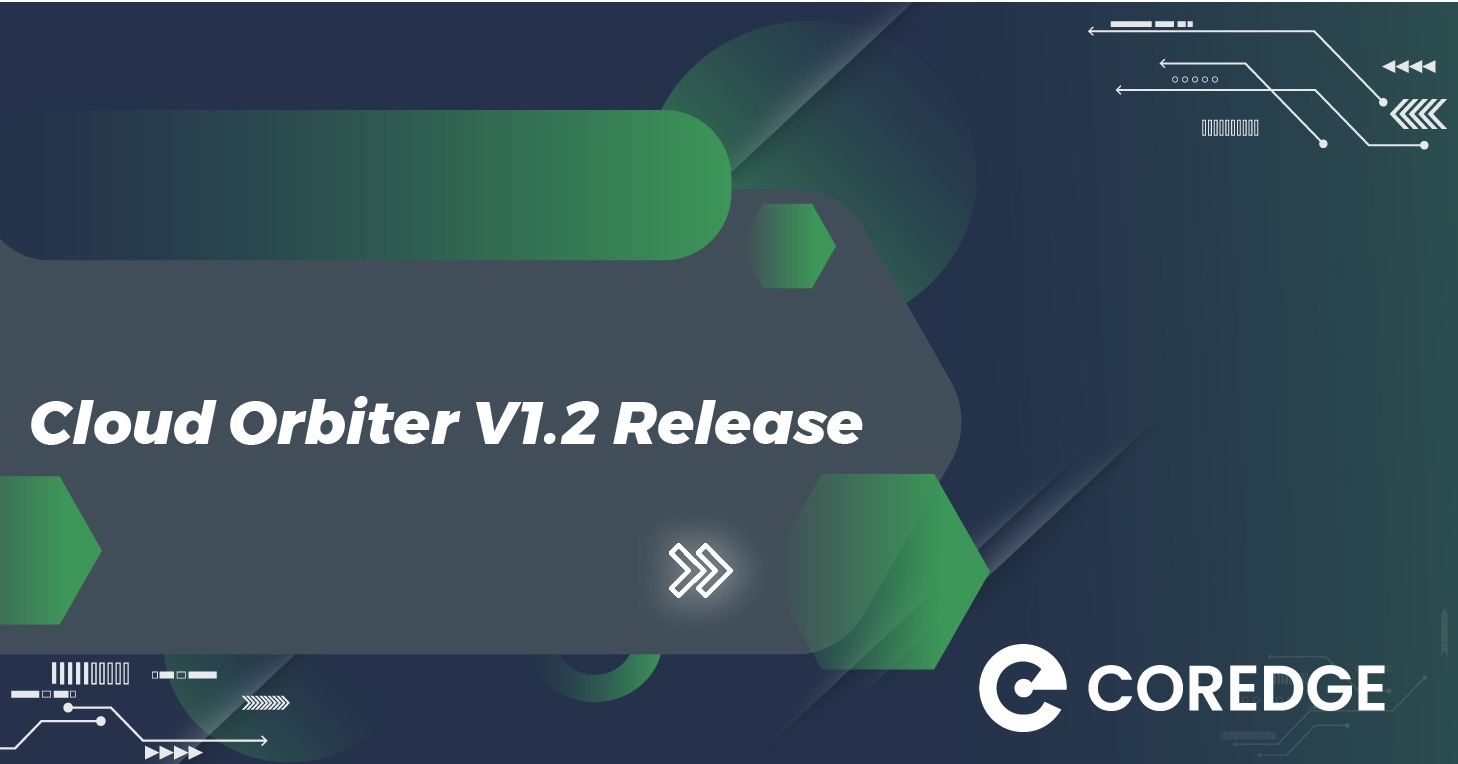How Velero is Working to Create Cluster Backups?
Coredge Marketing
January 31, 2022

Before diving deep into the ways to create cluster backups, it is essential to know about Kubernetes cluster composition. Kubernetes Cluster is composed of Master Node, etcd, and Worker nodes. These nodes are defined based on Kubernetes data types.

There are two Kubernetes data types:
- One is Stateless (contains master nodes and worker nodes).
- Another is Stateful (contains etcd database and persistent volumes).
- The etcd database includes block, file system, etcdctl, and Kubernetes API discovery.
- While the persistent volumes include cloud/storage provider snapshots, file system backup, and CSI snapshots (Alpha).
Different use cases arise when it comes to backing up the components running in Kubernetes. Kubernetes backup is a data protection phenomenon for the containers that are deployed as a Kubernetes cluster. The containers don’t have an underlying operating system and their backup method differs from conventional solutions to cloud-based solutions for both physical and virtual servers.
These use cases can be any of the following:
- Disaster Recovery: In disaster recovery, it is significant to rebuild, restore, or recover the data that might be lost.
- Data Protection: In data protection, the emphasis is given to data loss, data corruption, and archival retention. All-important data can be saved from being corrupted.
- Data Migration: Data migration involves the migration of data from one platform to another. It can be performed on hydrate dev, test, and staging environment. Usually, it is required at the time of Kubernetes upgrades.
It is recommended to use an open-source tool that helps in Kubernetes Backup, restoration, and migration. Velero is an open-source tool to safely back up, recover, and migrate Kubernetes clusters and persistent volumes. Velero works on both the public cloud as well as on-premises is developed with keeping the focus on the issues and challenges that come with Kubernetes. The main components of Velero include Command Line Interface and Kubernetes Server Application.

While using Velero, there are plenty of benefits to different use cases including disaster recovery, data migration, and Ephemeral clusters.
- In disaster recovery, Velero helps in reducing recovery time if it is data corruption, infrastructure loss, and/or service outages.
- In data migration, Velero helps enabling cluster portability by easily migrating Kubernetes resources from one cluster to another. Also, it helps integrating with DevOps workflows to create ephemeral clones of Kubernetes namespaces.
- If they are Ephemeral clusters, Velero provides a reliable tool to unlock new approaches to cluster lifecycle management treating clusters as “cattle”.
Features of Velero:
(1) Backup and restoration of Kubernetes objects: To backup and restore Kubernetes objects, Kubernetes discovery API is used. It doesn’t require talking directly to etcd. And the backups are stored in Cloud Object Storage.
(2) Backup and restore persistent volumes: To back up and restore persistent volumes, cloud provider snapshot APIs are used. Restic support (BETA) for file system backups is needed.
(3) Filtering: Filtering for namespaces, resources, label selectors can be done. It is also possible to restore to different namespaces.
Additionally, backups can be scheduled in Velero. To get more information, get in touch with us.
Email your query to us at talktous@coredge.io





